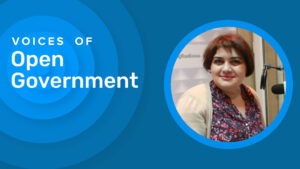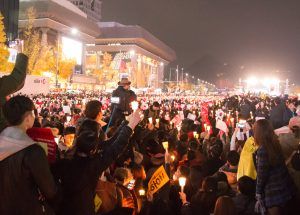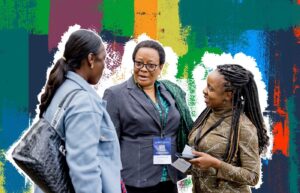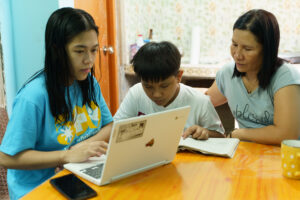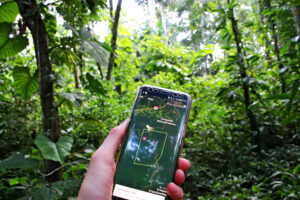Activists and journalists help keep governments transparent and accountable for their actions by ensuring that information reaches the public. They serve as critical intermediaries, connecting public institutions and decision-makers with everyday citizens. They demand data, file right to information requests, and follow the stories. Without them, data stays data and never becomes investigations, legal actions, or advocacy.
Yet, over two-thirds of OGP countries face severe to moderate constraints to a free and independent media, according to Freedom House. In four out of five OGP countries, journalists report harassment, often from non-state actors. In a small but notable minority of OGP countries, activists face harassment, stigmatization, detention, and violence. In 50 OGP countries, there is inadequate investigation and prosecution of threats against journalists.
OGP encourages journalists and activists to use the OGP process to help further the right to information and fight corruption. Journalists have participated in OGP processes and supported the implementation of OGP commitments in Croatia, Argentina, Armenia, Nigeria, and the Philippines.
Upholding the rights of journalists and activists and ensuring their safety is fundamental to open government.
